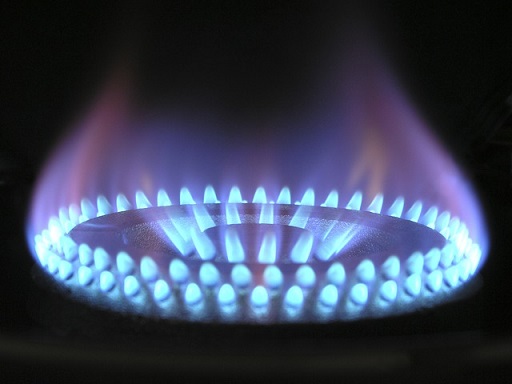Kitchen Energy Conservation: The Essentials
By and large, the kitchen is the biggest energy waster in the entire household. The appliances that are running on a 24/7 basis, the constant use of water and electricity across cooktops, ovens, dishwashers, refrigerators and every little kitchen gadget on the side can all put a serious dent in your family budget on an annual level. Not to mention the impact this wastefulness is having on the environment.
With that in mind, if you want to reduce energy consumption in your household, the kitchen is the place to start. Here are the essential steps you want to take to optimise your kitchen for maximum efficiency and thus facilitate long-term financial savings while aiding the preservation of the environment.

Replace old, wasteful appliances
There is no way around it – energy efficiency in the kitchen will depend on the quality and eco-friendliness of your appliances. If you have an old refrigerator, stove, oven, dishwasher, and hot water system that consume excess energy and if they have to work overtime to achieve the performance of their contemporary counterparts, then the time has come for an upgrade.
The best thing you can do for the kitchen, and subsequently your wallet, is to replace your old appliances with modern units that boast an Energy Star rating, specifying the level of energy conservation they can achieve.
Use your fridge the right way
Arguably, the fridge is the biggest energy waster in the kitchen, seeing as how it’s constantly running from the moment you bring it home from the store. While the fridge is built to work continuously until it reaches the end of its lifespan, that doesn’t mean that you should misuse it or fail to adhere to proper upkeep.
Firstly, note that there is rarely a need to keep the fridge at max settings, as modern appliances do a fine job keeping the interior cool without the need to consume more energy. Secondly, make sure to keep the fridge fully stocked, otherwise you’re needlessly using all that power. And lastly, consider giving your fridge a thorough scrub-down on a monthly basis to remove food debris and accumulation.
Tend to regular appliance maintenance
All appliances should be kept clean and free of any caked food residue, but more importantly, they should undergo a thorough check-up at least once a year, preferably every six months. For instance, the people behind Stove Doctor specializes in stove, cooktop, and oven maintenance and repair, and they can inspect your units for malfunctions, fix the problem promptly, and ensure top performance and energy-efficacy. While modern appliances are built to last, they still require constant care, proper use, and regular maintenance in order to meet the needs of a modern household.
Clean all appliances on a weekly basis
The refrigerator might get away with a deep cleaning session once a month, but all other appliances should be cleaned on a weekly basis in order to function as intended. Particularly, this means cleaning the oven, the stove, the microwave, and the dishwasher regularly.
These appliances are critical because they can accumulate food residue and produce caked stains quickly, leading to subpar performance and having to use more energy to compensate. You can use mild natural cleaners to clean the insides of these appliances without damaging the material – make sure to avoid abrasive cleaners at all times. Try some of these green oven cleaning tips and learn the 9 basic green cleaning ingredients to clean any appliance or your whole kitchen.

Use the dishwasher wisely
Aside from the refrigerator, the dishwasher is the second most wasteful appliance in the modern household. The truth is that this is also an essential appliance, as the modern, hectic way of life leaves little room during the day for tedious chores such as washing the dishes. However, that doesn’t mean that you should allow the dishwasher to waste precious energy.
Firstly, consider washing the dishes on a cold wash cycle in order to save up on heat accumulation. Next, make sure to use the dishwasher only when it’s fully stocked, and even then there is no reason to use a full-length wash cycle. Instead, you can put on a quick wash, and then dry out the dishes “au naturel”.
Switch to energy-efficient lighting
Lastly, understand that energy efficiency in the kitchen is not just about the appliances, it’s also about the lighting scheme and how you use it on a daily basis. With that in mind, consider replacing all light bulbs with energy-efficient LED lights for long-term savings, and make it a habit to turn off all of the lights when the kitchen is not in use.
Conserving energy in the modern household is not an easy challenge. Nevertheless, with these energy-saving solutions in mind, you should have no problem transforming your kitchen into an oasis of efficiency, and facilitate long-term savings while safeguarding the environment.
